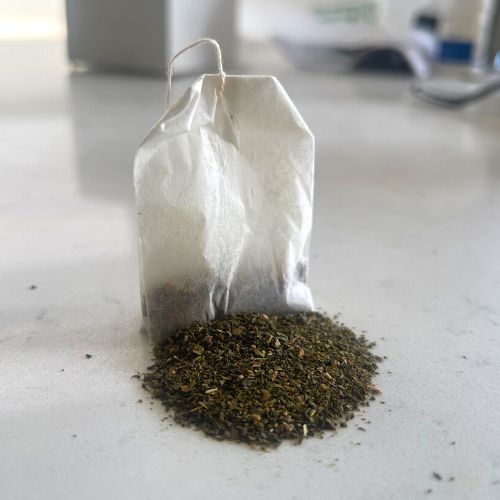As a rule here at the Great Green Wall, we want to provide as much scientific data and information as possible. But given the nature of an online article, I can’t possibly know each of my reader’s individual health needs and concerns. If you or someone you know has been prescribed Adderall, any supplement intake should be discussed with your physician.
That being said, you should always be informed when discussing what you want or need with a doctor. So I’ve scoured the research databases and scientific literature for any hard data on interactions between common Nootropic ingredients and Adderall.
Key Takeaways
What is Adderall?
Before we get further, it’s helpful to know the one constant throughout this article: Adderall. Adderall is a prescription stimulant in the amphetamine family that is prescribed mainly for the treatment of Attention-Deficit/Hyperactivity Disorder (ADHD).
Because some people have dependency issues or concerns, and because of the other side effects of Adderall, there is a growing movement to supplement Adderall use with more safe alternatives, or to replace it altogether. That movement has helped spawn the growing Nootropics market.
Common Nootropic Ingredients and Adderall
Sadly, there hasn’t been a lot of data conducted in clinical trials studying the effects of Adderall in conjunction with specific ingredients or products. So I’ve had to dive deep into prescription drug interaction databases, and connect a few dots. Here’s what I found:
Caffeine
A nearly ubiquitous ingredient in Nootropics, this natural stimulant can exacerbate the side effects of Adderall, meaning mixing the two should be avoided.
L-Tyrosine
I could only find one study with direct amphetamine and Tyrosine interaction. In it, long-term amphetamine use in animals decreased with Tyrosine intake. No adverse effects were reported.
Resveratrol
Again, no study was found comparing Resveratrol directly taken with Adderall. There was one study that found there is a chance of drug-to-drug interactions with any drug which affects brain chemistry. That being said, a clinical drug checker didn’t turn up any concerns.
Pterostilbene
An antioxidant similar to Resveratrol, Pterostilbene has had one study with only the general guideline to “take precautions.”
Phosphatidylserine
Here we actually have an ADHD study that used Phosphatidylserine as an intervention, though the study didn’t mention if the participants were taking Adderall. No adverse interactions were reported. In addition, I was able to track through a healthcare professionals’ resource that there are no reported interactions between Phosphatidylserine and Adderall.
Other Ingredients
Unfortunately, that about exhausts the data that current research has presented. But there is another tact I’ve taken in the past: healthcare drug interaction databases. By cross referencing across patient records for known interactions, it can be generally surmised that if there’s no interaction reported so far, there haven’t been any safety issues.
Only one common ingredient has any red flags: L-Theanine. Because it is in most cases ingested as part of Green Tea, which has Caffeine, it has the potential to negatively interact with Adderall. But if the L-Theanine in a supplement has been divorced of caffeine, it should be safe, pending conversation with your doctor.
Other ingredients simply haven’t been entered into the databases, so there is literally no information on them. Here are the remaining ingredients I investigated, broken into the two remaining categorizations.

SAFE (No Reactions Reported)
No Information in Databases
Final Thoughts
Given the lack of data available on so many ingredients, it’s difficult to arrive at a simple yes or no on Nootropic safety when combined with Adderall. It appears generally that Nootropics are safe, with the caveat that those with Caffeine should be avoided.
If you’re considering taking a Nootropic with your current medication, consult your doctor, and make sure your voice is heard. It’s your health, and you should be in charge of it.

